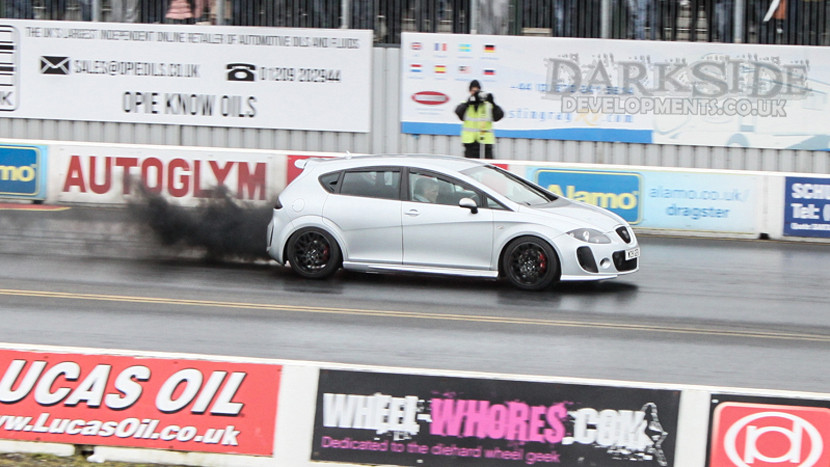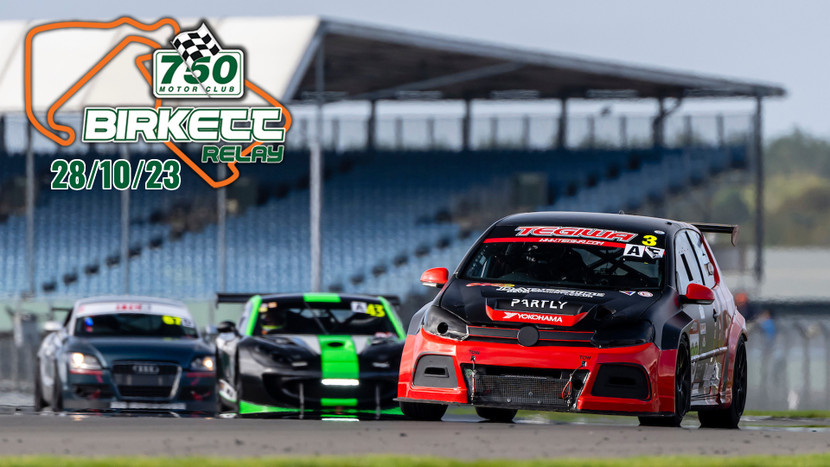PPD Engines - Common Problems (Piezo Pumpe Düse)
Over the past few years we have tuned a lot of PPD engines and suffered many problems along the way.
These share pretty much all of the hard engine components as the BKD, but both engines have totally different issues, especially when we begin to tune them.
Injectors
The PPD engine run on a Siemens / Continental Injection and Management system. When these cars were fairly new, the Siemens injectors failed regularly. As soon as cars were out of warranty customers were faced with £300 per injector failures that happened at very inconvenient times. When they fail, the engine completely cuts out and won’t restart until a new/good injector is installed. Not the best thing when you are stranded in the fast lane of the motorway.
It was only after the AA threatened VW with what is basically a UK Class Action Lawsuit that customers outside warranty were given goodwill and eventually free injectors. Then slowly cars were recalled so ‘most’ cars have the upgraded part number injectors, so this is not something we worry about too much now. The odd car does slip through the net but rarely.
The next issue with these injectors is fuel quality. Cheap fuel and badly designed seals plague the high pressure multi firing Piezo PD (PPD) injector. We quite often see black sludgy fuel filters that are so badly blocked they are almost sucked in on themselves and if left will eventually make the car stutter and stall. Its rare we have a car in for tuning that we don’t fit a fresh fuel filter for good measure. If the filter has been in there for more than 20,000 miles, please let us know and we will swap prior to the car going on our dyno.
When doing a mild tune, the injector delivery is not much of an issue but when we start to add larger turbos, it is very important that the injectors are in good shape, when brand new the injectors can easily deliver 260+hp on our dyno with reasonable smoke and exhaust gas temperatures. As these injectors get more miles on them, this figure can drop a fair amount and it is not uncommon to be stuck at 220bhp with the injectors on the limit of what we consider safe. The only remedy to get back to the big numbers is a brand new set of injectors and a 4 figure price tag.
A small increase can be had by fitting a new fuel filter inside a cleaned filter housing and filling that with something like Forte Diesel Cleaner. You can also remove the injectors and clean them in an ultrasonic bath with some fancy chemicals to break down the carbon internally and externally on the nozzle tip. This is an expensive job due to the seals, bolts and labour required so gains vs money spent are usually not worthwhile.
It's usually too late in the job to quit by the time we can know how good the injectors will perform so this has to be taken into account, when tuning any cars we cannot be liable for any costs incurred due to any car with bad standard injectors not making the required power.
Incorrect cam timing can affect the fuelling of the injectors so we have a few tricks to extract the most from these, but this cannot make up for faulty parts not delivering the correct amount of fuel.
Oil System
Due to the intense heat generated when the DPF is regenerated, the oil takes a severe beating on these engines. Also the oil used on DPF cars is a different grade (Long Life 5W30) due to the enhanced ‘low ash’ properties. These two factors along with extended service intervals, as long as 30,00 miles, cause havoc with the oil pump and bearings.
The first to fail are usually turbo bearings. Almost all these turbos whine a little, most of the time we notify the customer and carry on tuning. Failures are rare but much higher than we would like to see, so it's worth a mention that again, if we are tuning we cannot be liable for any turbo failure that occurs on any PPD engine.We obviously try our best to keep everything we are in control of safe but this cannot be 100% prevented.
The BKD turbo failures are a different issue altogether, the turbine is small and compressor not balanced too well so these like to explode in a different way.
The main reason for this blog - We had a PPD170 Golf here with a slight top end tick, and after finding lots of faulty parts, damaged lifters, badly worn piston, scored camshafts etc without success, the issue was narrowed down to worn valve guides. Only at full lift and without springs installed could any excess play be felt on 2 of the 16 valves.
The Oil pump internals showed the slightest of score marks in the pump vanes despite the car passing our oil flow and pressure checks.
Swirl Flaps
The PPD engines also sport a lovely device called swirl flaps, on almost every engine from every manufacturer these are known to degrade and eventually disintegrate, ending up sucked into the engine with dire consequences. The mechanism that controls these flaps is also prone to leakage which covers the engine bay in an oily mess as well as lowering the power output of the engine whilst giving the already fragile turbo a harder time.
We have seen cars swallow one of the 4 flaps and need a full new engine so it's not a risk worth taking to leave an old manifold so we always recommend to install a cleaned BKD Aluminium manifold (no flaps) that won't ever give an issue.
We have a full Blog Post discussing Swirl Flaps in more detail.
Exhaust Manifold back Pressure (EMP)
The engine management system on the PPD engines is unique, only these engines had the Siemens ECU. This poses its own problems, not a lot of people tune them beyond a Stage 1 Tune, so information is not freely available, and due to the unique ways in which these ECU’s are structured, tuning them is not the same as a usual Bosch setup. The electronic feedback actuator interferes with the boost control in very strange ways, which usually means at certain times the exhaust back pressure is higher than you would expect. This is a major problem as too high back pressure puts undue stress and strain upon the turbocharger, causing premature failure, usually in a catastrophic way.
Passat BKP PPD140 / Longitudinal Note -
BKP PPD140 Injectors are capable of producing the same power as the PPD170s. If in good condition of course.
Oil Pump failure is much more common on these due to the shaft driven balance shaft design. If the engine is not shut down the moment the low oil pressure light flashes, usually the turbo fails first, and the crank bearings next. Upgrades are usually consist of removal of the balance shaft and fitment of an older PD oil pump.
Quick Checklist for Owners:
- Check for Injector Recall - Call your local VAG dealership and ask them to check form your rReg / VIN
- Check last time fuel filter was replaced. If more than 20k we advise getting it done.
- Lumpy Idle? - This is the first sign of dodgy injector deliveries so get this diagnosed or keep an eye out for it getting worse.
- Check around the Swirl Flaps for an oil leak and/or incorrect actuator operation. If you get any we advise swapping to the BKD Manifold
Darkside Checks - What we check when we are tuning / upgrading these models:
- Fuel filter (if not known)
- Cam Timing
- Oil Pressure
- Oil Flow (when/if the turbo is removed)
- Oil Pump internals (If a failure has occurred
- Exhaust pressure (when tuning)
Depending on the job some of these checks are included, other are charged at our hourly rate
Brief Summary
- Whether you are bringing your PPD to us or taking it elsewhere, be aware of the above issues.
- If we are tuning a PPD we cannot be liable for any costs incurred due to a car with standard injectors not making the required or expected power.
- We also cannot be liable for any turbo failure that occurs on any PPD engine.
Recent Posts
-
Silverstone GP - ClubEnduro - 750MC - 29th October 2023
An unusual calendar for 2023 meant that round 7, the final round of the season for the 750MC Club En …23 11 2023 -
750MC Birkett Relay - Silverstone GP - 28th October 2023
With a hectic season of racing almost to a close, we were back at Silverstone for the 750 Motor Club …15 11 2023 -
Snetterton 300 - BRSCC TTCR - 13th-15th October 2023
For Round 6 of the BRSCC Audi TT Cup Racing, we were at Croft, which turned out to be VERY eventful …20 10 2023




